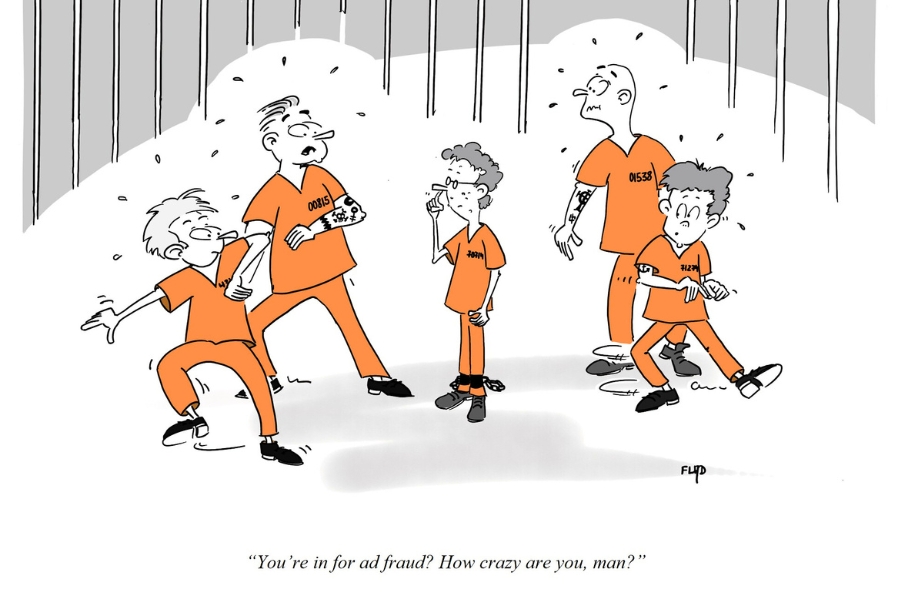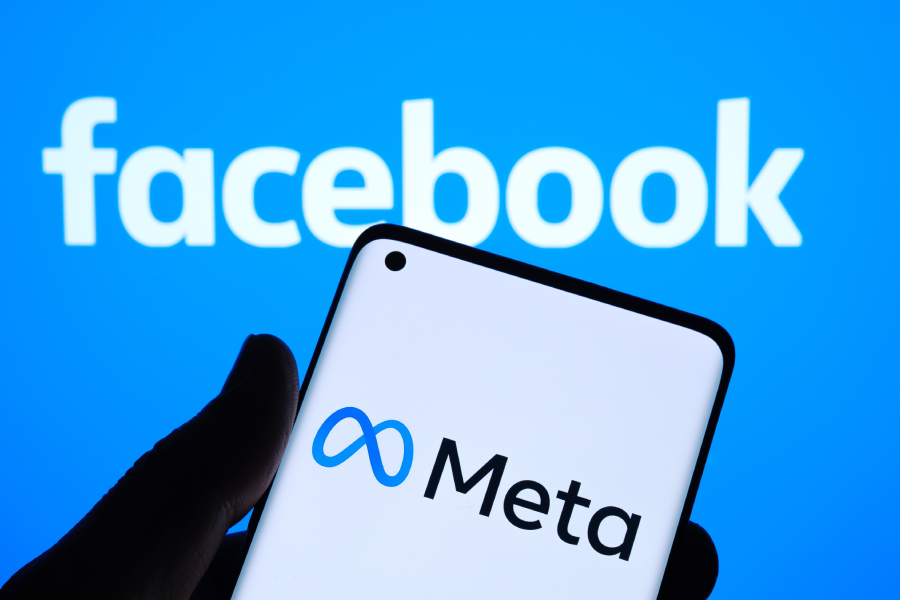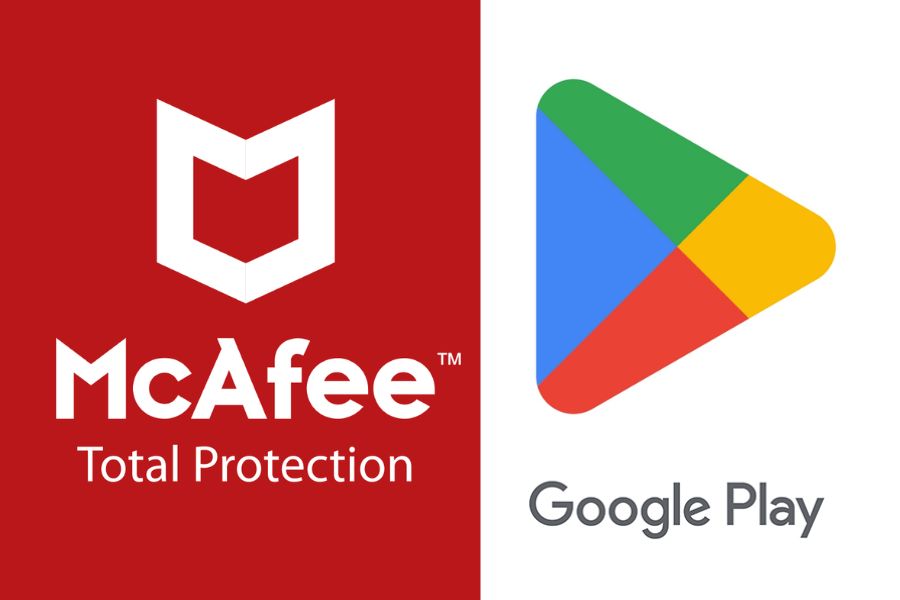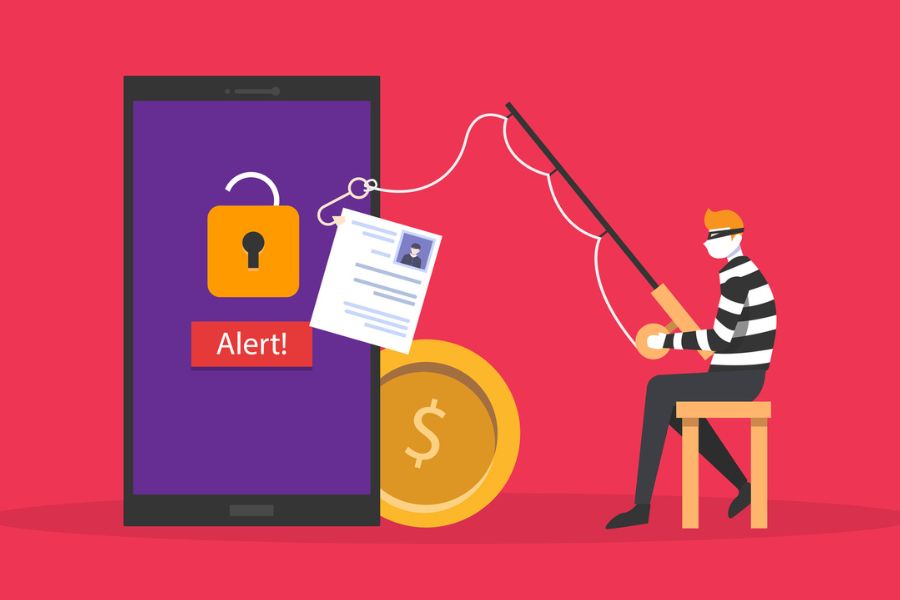Ad fraud will draw out AUD$1 billion (US$738 million) from the Australian ad industry in 2020, equating to nearly one-third of the country's total digital ad spend, according to a report by cybersecurity firm Cheq.
The 27% fraud rate has risen significantly since the onset of the Covid-19 pandemic, the report finds. During the peak of the pandemic between April and June, click-fraud rates in Australia jumped from 18% to 28% as fraudsters looked to take advantage of lowered defences.
Click fraud has been particularly prevalent in small business sectors in Australia including online electricians, where 61% of clicks were fraudulent at the height of Covid-19; pest control business advertising, where 35% of clicks were invalid clicks; and plumbing services, which incured 34% invalid clicks.
The report also discovered a resurgence in affiliate marketing fraud in Australia, which is the fourth biggest spender in the world on affiliate marketing. Globally, affiliate marketing fraud accounted for 9% of the total US$15 billion sector in 2020.
The rise in fraud levels comes as digital ad spend will reach AUD$3.7 billion (US$2.73 billion) in Australia by the end of 2020, the report finds. As ad spend has shifted online, fraudsters have followed.
The findings are part of a global study undertaken by Cheq together with economist Roberto Cavazos, a professor at the University of Baltimore. The study combined economic analysis, Cheq data on trillions of transactions made monthly across thousands of online businesses, and industry interviews.
Globally, it found that marketers will lose $35 billion to ad fraud this year, up 17% year over year. The cost of ad fraud equates to 11% of the world's total digital ad spend, estimated at $333 billion in 2020. According to the figures, digital ad fraud will in 2020 overtake money lost to credit card fraud, estimated to amount to $27 million of a $3.32 trillion industry.
Professor Cavazos said of the findings: "Fraud is inevitable in any sector, however, the level of ad fraud is now staggering. The digital advertising sector has the unwelcome distinction of having higher fraud rates than multi-trillion-dollar sectors including healthcare, credit, and insurance. Though there has been much industry progress to stamp out fraud in digital advertising, the systemic complexity, competing interests, and sophistication of attacks particularly during a recession, have made the ecosystem a breeding ground for bad actors."
The Audited Media Association of Australia’s (AMAA) Media Trust Report for 2019 found that both ad fraud and non-human traffic are still the biggest concerns among marketers and agencies.
Australia's Competition and Consumer Commission launched an inquiry into the adtech supply chain earlier this year. In the Issues Paper, the ACCC noted that lack of transparency in the supply chain had been raised as a concern: "Opacity may arise due to the growing complexity and number of suppliers and services involved in the ad tech supply chain and the ‘black box’ nature of some parts of the ad tech supply chain."











